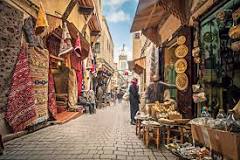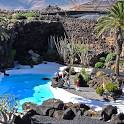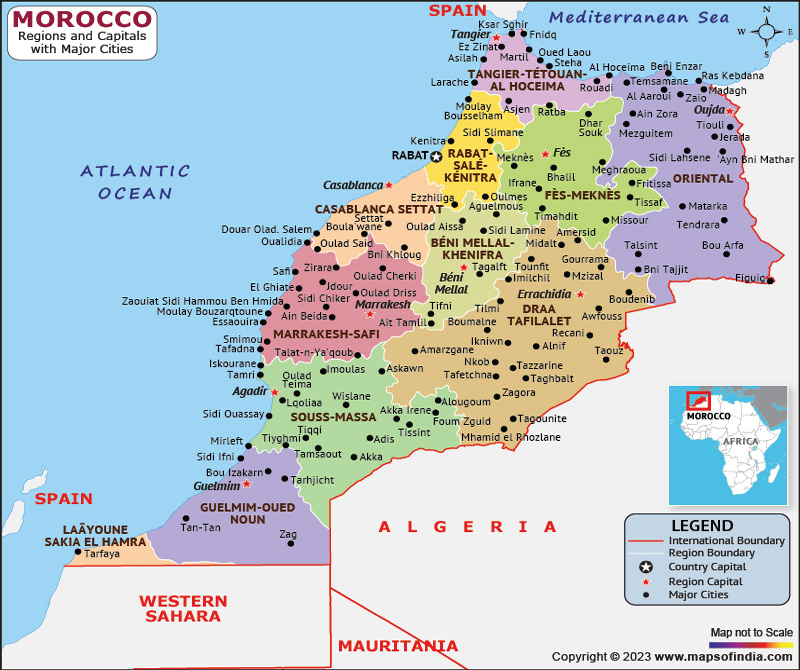The Enchanting Traditions of Morocco
Stepping into Morocco is like entering a vibrant tapestry woven with ancient traditions that have stood the test of time. From colourful festivals to intricate handicrafts, the country’s rich cultural heritage is a treasure trove waiting to be explored.
Family and Hospitality
In Morocco, family is at the heart of society. Respect for elders, strong family bonds, and hospitality are deeply ingrained values. It is not uncommon for families to gather for elaborate meals where guests are welcomed with open arms and treated like royalty.
Moroccan Cuisine
No discussion of Moroccan traditions would be complete without mentioning the country’s delectable cuisine. From fragrant tagines to fluffy couscous and sweet pastries dripping with honey, each dish tells a story of centuries-old culinary traditions passed down through generations.
Festivals and Celebrations
Throughout the year, Morocco comes alive with a myriad of festivals that showcase the country’s cultural diversity. From the lively music and dance performances of the Gnaoua Festival in Essaouira to the colourful processions of Mawazine in Rabat, these celebrations offer a glimpse into Morocco’s vibrant spirit.
Artisan Crafts
The skilled artisans of Morocco are masters in their craft, creating intricate designs in pottery, textiles, metalwork, and wood carving. Each piece tells a story of tradition and heritage, preserving techniques that have been passed down through generations.
Henna Ceremonies
Henna plays a significant role in Moroccan celebrations, particularly weddings. The artistry of applying henna designs on the hands and feet symbolises joy, luck, and protection against evil spirits. It is a cherished tradition that adds beauty and meaning to special occasions.
Islamic Festivities
As an Islamic country, Morocco observes religious traditions such as Ramadan and Eid al-Fitr with reverence and joy. During Ramadan, Muslims fast from dawn till dusk as a spiritual practice while breaking their fast with festive meals during Eid al-Fitr to mark the end of Ramadan.
Berber Heritage
The Berber people have inhabited North Africa for thousands of years and their customs continue to shape Moroccan culture today. From traditional music and dance to unique architectural styles found in Berber villages nestled in the Atlas Mountains, their influence is unmistakable.
Exploring the traditions of Morocco offers a glimpse into a world where ancient customs meet modern life seamlessly. It is a land where storytelling weaves through daily life like threads in a tapestry—each tradition adding depth and beauty to this captivating country.
Exploring Moroccan Traditions: Festivals, Religious Practices, and Fascinating Facts
- What are some traditions of Morocco?
- What is the traditional festival of Morocco?
- What are the religious traditions in Morocco?
- What are 5 interesting facts about Morocco?
What are some traditions of Morocco?
Morocco is a land steeped in rich traditions that reflect its diverse cultural tapestry. Some of the most notable traditions of Morocco include the importance of family and hospitality, where gatherings for elaborate meals symbolize warmth and togetherness. The country’s culinary heritage shines through in dishes like tagines and couscous, showcasing centuries-old recipes passed down through generations. Colourful festivals and celebrations bring communities together, highlighting Morocco’s vibrant spirit and cultural diversity. Artisan crafts such as pottery, textiles, and wood carving showcase the skill and artistry of local craftsmen, preserving age-old techniques. Henna ceremonies during weddings add a touch of beauty and symbolism to special occasions, while Islamic festivities like Ramadan and Eid al-Fitr are observed with reverence and joy, reflecting the country’s religious traditions.
What is the traditional festival of Morocco?
The traditional festival of Morocco that stands out among the vibrant tapestry of cultural celebrations is Eid al-Adha, also known as the Festival of Sacrifice. This important Islamic festival honours the willingness of Prophet Ibrahim (Abraham) to sacrifice his son as an act of obedience to God. Families gather to commemorate this event by sacrificing an animal, typically a sheep, and sharing the meat with relatives, neighbours, and those in need. It is a time of prayer, reflection, feasting, and generosity that exemplifies the spirit of community and faith deeply rooted in Moroccan traditions.
What are the religious traditions in Morocco?
Religious traditions hold a significant place in Moroccan society, where Islam is the predominant faith. The religious practices in Morocco are deeply rooted in Islamic customs and beliefs, shaping daily life and cultural expressions. From the observance of Ramadan with fasting from dawn till dusk to the celebration of Eid al-Fitr marking the end of Ramadan, these religious traditions bring communities together in prayer, reflection, and unity. Mosques play a central role as places of worship and community gatherings, where the call to prayer echoes through the streets five times a day. The influence of Islamic traditions can be seen in various aspects of Moroccan life, reflecting a harmonious blend of faith and heritage that defines the country’s cultural identity.
What are 5 interesting facts about Morocco?
Morocco, a land of captivating contrasts and rich heritage, offers a tapestry of intriguing facets that beckon exploration. Five fascinating facts about Morocco include its diverse landscapes ranging from the Sahara Desert to the snow-capped Atlas Mountains, the vibrant medinas of cities like Marrakech and Fez that transport you back in time, the aromatic spices and flavours of traditional Moroccan cuisine that tantalize the taste buds, the intricate geometric patterns adorning Moorish architecture, and the warm hospitality of its people who welcome visitors with open arms. These elements combine to create a mesmerising mosaic that makes Morocco a must-visit destination for travellers seeking an immersive cultural experience.



